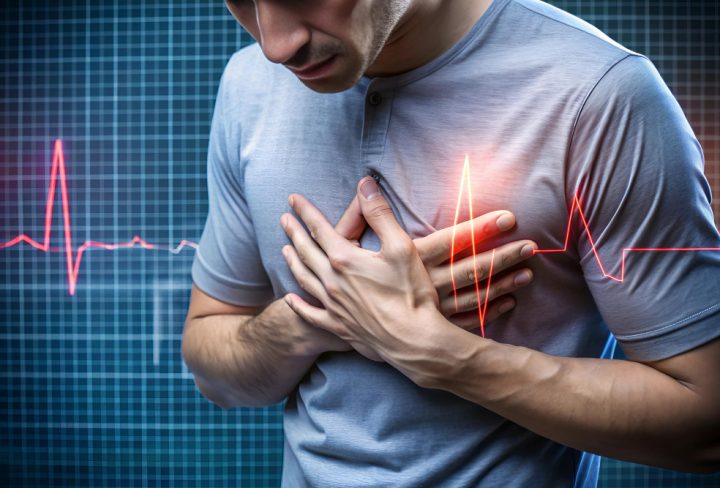Cardiac arrest is a serious heart condition that can happen suddenly. Many people wonder, “What is cardiac arrest?” It occurs when the heart stops beating without warning. Because of this, blood cannot reach the brain and other organs. Knowing cardiac arrest symptoms, causes, and how to prevent it can save lives. In this blog, we will explain cardiac arrest causes, diagnosis, treatment, and prevention. You will also learn when to seek medical help. This information is based on trusted sources like the WHO and CDC.
What is Cardiac Arrest?
Cardiac arrest happens when the heart stops pumping blood. As a result, the body and brain do not get enough oxygen. Unlike a heart attack, cardiac arrest is an electrical problem in the heart. It can happen to anyone, at any time. However, quick action is very important. Without help, cardiac arrest can lead to death within minutes.
Common Symptoms of Cardiac Arrest
Cardiac arrest often strikes without warning. Still, some signs may appear just before it happens. Watch for these symptoms:
Sometimes, people may feel tired or weak before cardiac arrest. But often, it happens with no warning at all.
Causes and Risk Factors
Many things can cause cardiac arrest. Most often, it is due to a problem with the heart’s electrical system. Here are some common causes and risk factors:
Additionally, some people have a higher risk. These risk factors include:
Even so, cardiac arrest can affect healthy people too.
Diagnosis and Emergency Response
Cardiac arrest is a medical emergency. Therefore, quick diagnosis and action are vital. If someone collapses and is unresponsive, check for breathing and a pulse. If they are not breathing or have no pulse, call emergency services right away. Then, start CPR (chest compressions) immediately. If an automated external defibrillator (AED) is available, use it as soon as possible. Every minute counts. Early CPR and defibrillation can double or triple survival chances, according to the American Heart Association.
Treatment Options
Immediate treatment is crucial for cardiac arrest. The main steps include:
Once at the hospital, doctors may use advanced treatments. These can include:
After recovery, doctors will look for the cause and suggest ways to prevent another event.
Prevention Tips and Lifestyle Guidance
While not all cases can be prevented, you can lower your risk. Try these prevention tips:
With these steps, you can help protect your heart and overall health.
When to Seek Medical Help
If you notice any signs of cardiac arrest, act fast. Call emergency services right away. Do not wait for symptoms to go away. Even if you feel better, see a doctor if you have chest pain, fainting, or trouble breathing. Early treatment can save lives.
If you or someone you know experiences symptoms of cardiac arrest, seek emergency medical attention immediately. Consult a cardiologist for personalized advice.
